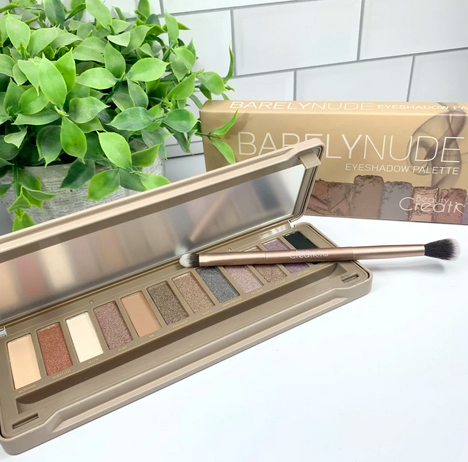Banks earn more than $15 billion dollars a year in overdrafts or insufficient fees for when customers try to withdraw more money than they have in their account. While these fees can be a big money maker for many banks, critics say they are a regressive fee that disproportionately targets lower-income consumers. While there’s no denying that these types of fees can be big money makers for banks, some banks are starting to reduce or eliminate overdraft fees.
What are overdraft costs?
Overdraft charges, also known as insufficient funds (NSF), occur when you try to make a purchase using your debit card for more than your available balance. If you have chosen to cover overdraft, the bank may allow the purchase to go through, but then charge an overdraft fee. The amount of these costs varies per bank, but is often between $30 and $40.
And remember, you get one of these overdraft charges for ANY purchase you make where your balance is less than the attempted charge. So if you don’t realize your bank balance is lower than you think and incur a series of small charges, you can get a $40 overdraft for each of those charges. The costs can add up very quickly.
Why do banks charge overdraft fees?
So why do banks charge these overdraft fees? The simple answer is that they charge them because they can. While it’s often possible to choose not to sign up for your bank’s overdraft protection program, banks usually ask for it as part of the flow of documents you need to fill out when you open your account. It can be easy to miss out on the heap of paperwork involved in opening an account.
Fortunately, more and more banks are starting to reconsider their stance on charging overdraft and NSF fees. Bank of America has announced that they are cutting their overdraft charges from $35 to $10, and Capital One has stated that they plan to remove overdraft charges completely by 2022.
How to Avoid Overdrafts
One of the best ways to avoid overdraft charges is to opt out of your bank’s overdraft coverage. Most banks ask if you want to sign up for overdraft when you open your account. While it can be easy to miss out on the mountains of paperwork involved in opening a new account, if you’re looking for it, it should be easy to decline. If you already have an account, contact your bank to learn how to opt out of overdrafts. You may also want to consider switching banks to one that does not charge overdraft fees.
While it’s a bit too simplistic to say that another way to avoid overdrafts is to try not to make purchases for more than your available balance, it’s good practice to always be aware of your balance. . If you are not in the habit of checking your total balance regularly, you can download the Mint app and set up alerts to notify you when the balance is low.
What to do if you get a debit balance on your account?
If you get an overdraft in your account, don’t despair – they aren’t always permanent. If this is the first overdraft fee you’ve been charged, call your bank and see if they’ll waive or reverse the fee. Many banks are willing to refund the amount of the fee to your account, especially if you have been a customer for a long time and/or this is the first time this has happened to you.
Depending on your bank, you may have better luck calling your local branch instead of the toll-free general customer service number. While it might be a little embarrassing to tell the cashier that this happened to you, it can definitely be worth it. Getting $40 back into your account for a 5 minute call is an hourly rate worth it!
It comes down to
If you want to avoid overdraft charges, you have a number of tools at your disposal. First, consider opting out of your bank’s overdraft protection program. That could mean getting declined an amount you’re trying to pay, but in most cases, that’s better than getting a $40 overdraft. Another option you have is to choose a bank that doesn’t charge these fees – it’s becoming more common. If you get an overdraft, you should call your bank to see if they waive it as a courtesy. Most banks will do that for customers, especially if it’s your first.
Related
Sign up for Mint today
From budgets and bills to free credit score and more, you’ll
discover the effortless way to stay on top.
Learn more about security


![]()
Dan Miller (98 posts)
Dan Miller is a freelance writer and founder of PointsWithACrew.com, a site that helps families travel for free/cheap. His home base is in Cincinnati, but he tries to travel the world as much as possible with his wife and 6 children.
Left
This post Say goodbye to being overdrawn with these tips
was original published at “https://mint.intuit.com/blog/personal-finance/say-goodbye-to-overdraft-fees-with-these-tips/”





